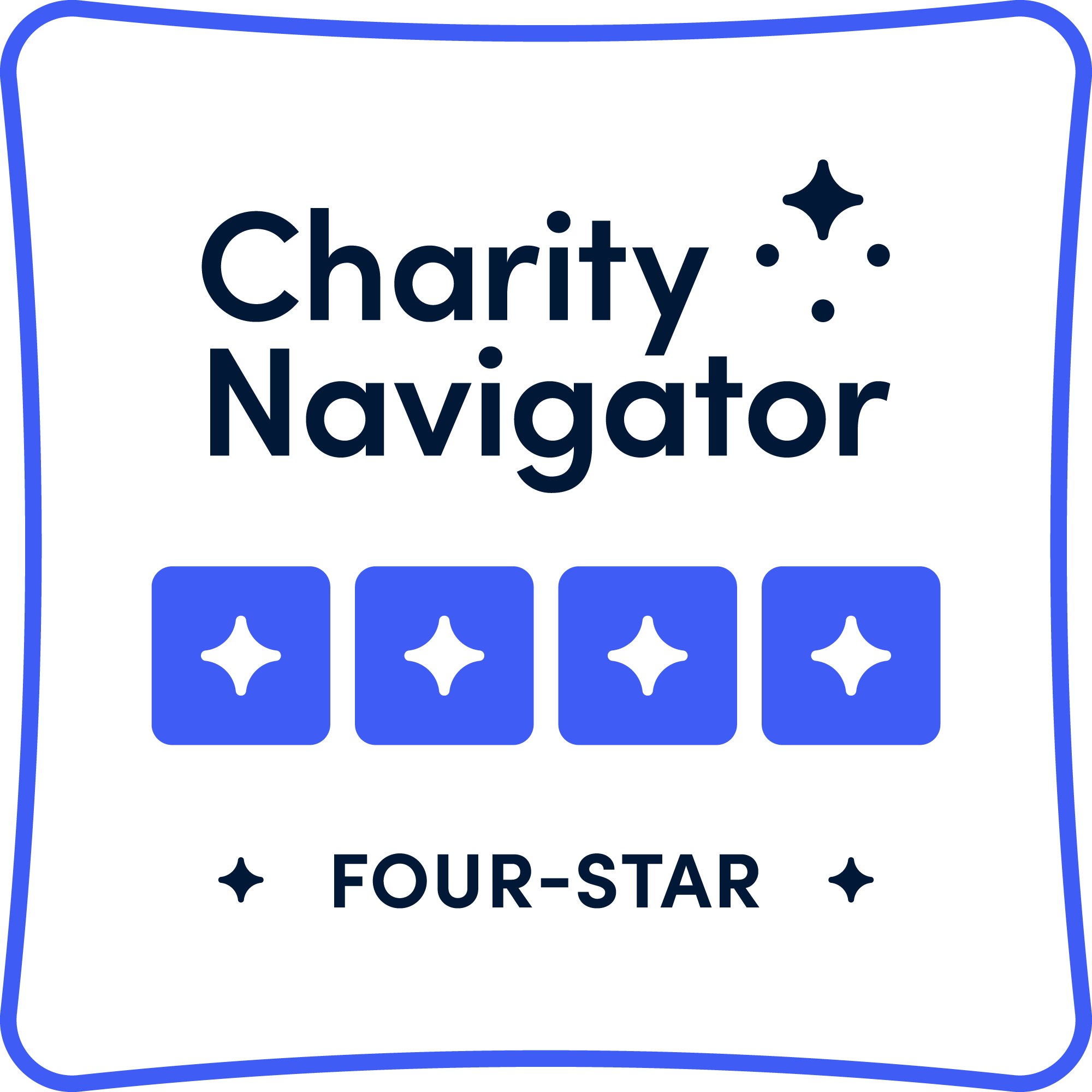The Lucky Duck Foundation is one of San Diego’s most impactful homeless services organizations. For years, the nonprofit has been providing shelter, food, job training, and other services. And now, with the help of Mary Benirschke, friendship. Benirschke founded the Be a Friend program roughly five years ago as a way to positively impact the lives of homeless people and help change perspectives.
How did you first get started on this mission of friendship?
My daughter was involved in a ministry downtown and they had 30 to 50 homeless or unstably housed people that would come each week. We went diligently and developed friendships. We found that just by just talking to them, getting to know them, caring about them and their life and them about ours, there was a lot of bonding and friendship and a lifting of spirit. From that, we started pairing people with an individual to hear their story and get to know them, and then, eventually, understand who they are and support them to a better life.
At the same time, my son was on the streets in Salt Lake City, so I had extra compassion of trying to understand people in that situation. We would tell people to connect with him, but he finally said, “Please stop sending people to give me advice.” When this friendship thing formed, I said, “What if you just had a friend,” and he said, “I would love that. I don’t have anybody to talk to. I’m really lonely.” And I think that’s the message that a lot of people on the streets have. The program was built as a bridge for people to communicate in a different way with a different type of person. Even simple relationships are really significant and can make them feel that I’m a person and I have value.
How did Lucky Duck get involved?
We felt like this should move forward, so knowing a little bit about the Lucky Duck Foundation and how they were making a big difference in the lives of people on the streets, I went to them. Their mission is to fund, activate, and lead high-impact collaborative programs that help alleviate the suffering of homelessness in San Diego. So, it felt like a really good match. I think the Lucky Duck Foundation felt that this is a piece that they should have in their programs because relationships are a powerful force in moving people from the streets into a better life.
What are some of the biggest challenges you face?
One of the biggest challenges is the misperception that people have of folks on the streets and the fear of engaging with those people. What we found is that the more time we spent with them and got to know them, we found how similar we are, how many things we have in common. All of the differences are just sort of wiped away and you just relate to them as a person. The program is designed to bridge the gap between that fear and also that misunderstanding. We provide this step-by-step support and walk people through the relationship.
How does somebody join?
To get involved, they could go to the Be a Friend or Lucky Duck Foundation website which have it on their website under Be a Friend. They would sign up for information and we would get back to them. Right now, we have four or five information sessions that will be coming up and they would attend one of those. Then they fill out an application. The people on the streets or the people that are newly housed also fill out an application, and the service provider or the person who is running that program pairs them—they really pay attention to what types of people they think would match. And then they go through a training we developed, a two-hour training on understanding people on the streets, trauma-informed care, understanding more fully what is out there as far as resources, and what you can do personally to help. Then they would meet one to two times a month for a minimum of 12 months.
What has been your favorite or most memorable experience doing this?
It’s the exposure to so many people who are doing so many incredible things to help the people who are on the streets. That and seeing people paired. When someone decides to be a friend from the volunteer side, they think they’re going to be doing so much for this other person. And what happens is once they get into the relationship, they are very impacted. They’re inspired and they see the resiliency of people and the grit that’s involved. We get to experience that one friendship at a time and get inspired by the impact on both sides.
Any advice for someone considering volunteering?
When you give, you will get more back. When you step out of your comfort zone, you will get so much more back. You’ll be inspired, you’ll have a newfound understanding. We call them uncommon friendships because it probably wouldn’t be somebody that you’d think was going to be your friend. But once you get to know each other—and we have a lot of activities that allow you to get to know each other—and you alleviate some of the fear and some of the unknown, it’s really very cool. This and it just lifts their spirit up. And once you understand them and get to know them, there’s trust developed. They can look at other ways of getting through life, which is a hopeful path. It’s really exciting.
The article, by Sarah Sapeda, can be found on San Diego Magazine here.

